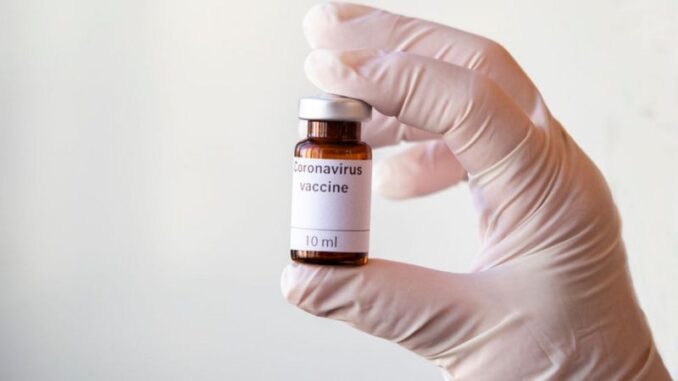
Africa’s most populous country is not among the countries hardest hit by the coronavirus, but it fears an acceleration of contamination. As in almost all countries on the continent, Nigeria has not yet started vaccinating its population. In the meantime, the government has just announced its intention to produce vaccines locally against Covid-19.
140 million is the number of people Nigeria plans to vaccinate against coronavirus in less than two years. This is 70% of its population. This very ambitious vaccination campaign should start in March, after 10 million doses have been received, according to a statement from the Ministry of Health, which does not specify the company that will supply these doses. Nor is there any indication either as to the organisation that will finance this vast campaign, between the African Union, which in a few months’ time will order 270 million vaccines, notably from the Pfizer and AstraZeneca laboratories, and the Covax scheme, launched by the World Health Organisation and rich countries to promote equitable access to vaccines worldwide.
Faced with the uncertainty of supply of vaccines against Covid-19, the Nigerian government is therefore planning to produce them locally, so as not to depend solely on imports. According to the Minister of Health, $25.2 million has been released to support this project. This sum should enable Nigerian laboratories to join forces with international firms. But the minister did not give any details about possible approaches to an American, British, Russian or Chinese laboratory that is already producing an anti-covid vaccine.
Only one African country – Morocco – is going to produce the Chinese Sinopharm vaccine on its soil.
